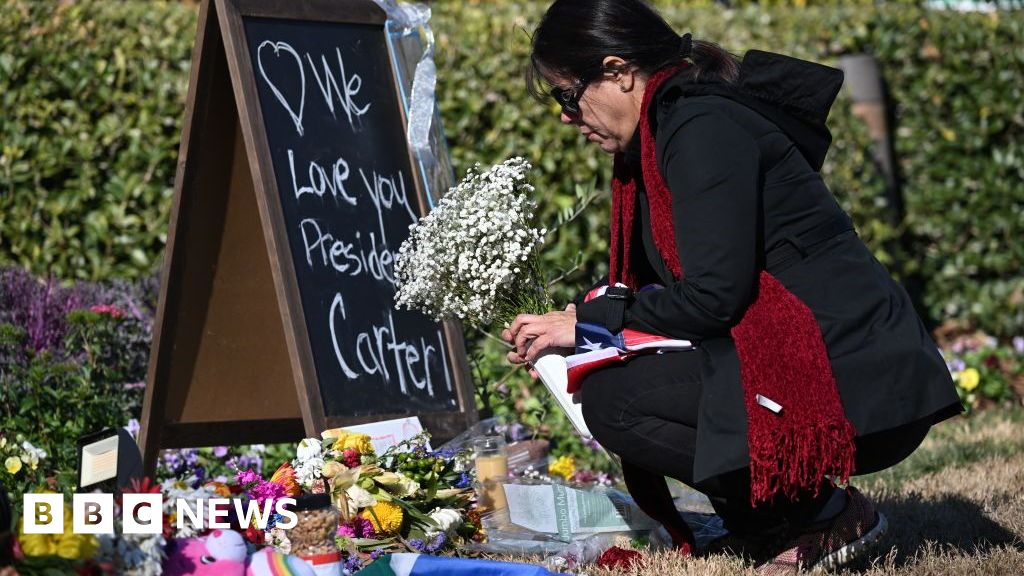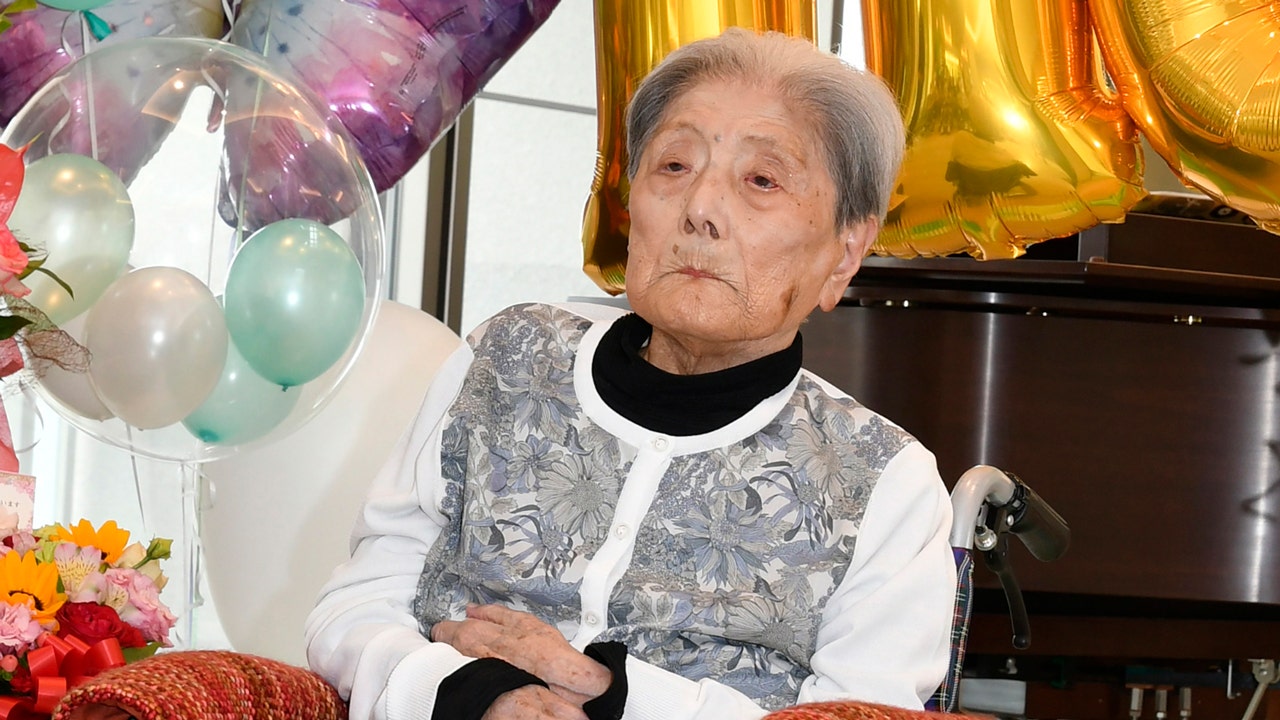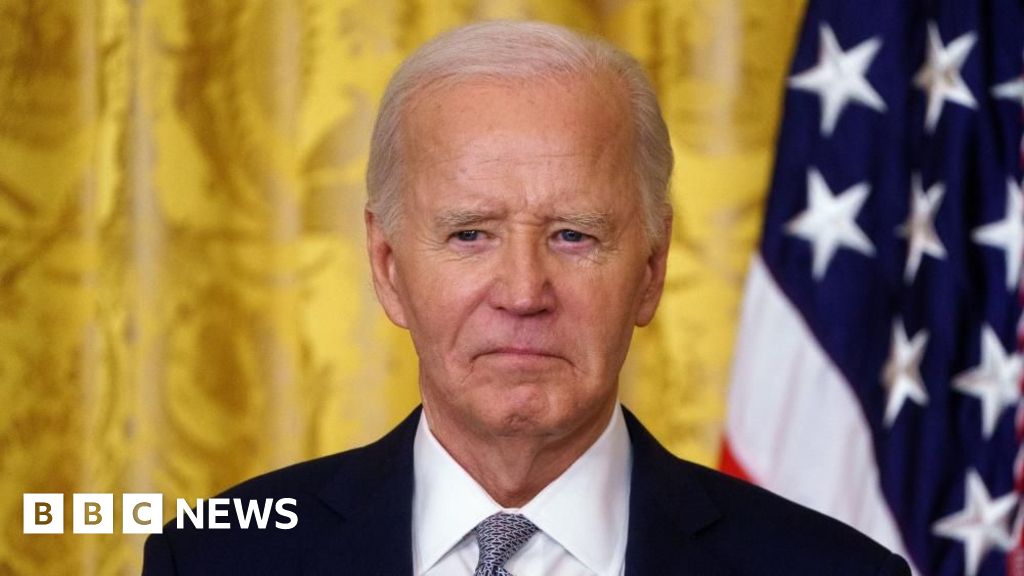Tech
US tech workers seek to end foreign student work permits amid H-1B visa debate

US President-elect Donald Trump’s supporters have targeted the Optional Practical Training (OPT) programme, a critical pathway for international students, particularly Indians, aiming for H-1B visas, accusing it of “killing jobs for new American college graduates”.
The OPT programme, which allows international students in the US to work temporarily after graduation and serves as a stepping stone for securing H-1B work visas, has become a flashpoint in debates over foreign workers and American jobs.
Critics, including the US Tech Workers group, have strongly opposed the OPT programme.
“The OPT programme is a guest worker scheme disguised as an internship for foreign students. Universities are selling work permits instead of education. Created illegally like DACA (Deferred Action for Childhood Arrivals), Trump should end OPT to protect American college grads from unfair competition,” the US Tech Workers group wrote on X.
These debates over skilled worker immigration intensified as Trump prepared for his inauguration on January 20.
While Trump’s campaign rhetoric primarily targeted low-skilled and illegal immigration. However, the hardline Trump supporters have also scrutinised H-1B visas.
They argue that H-1B visa holders, primarily from India, replace American workers and pose a threat to Western civilisation.
However, Trump, along with prominent figures like Elon Musk and Vivek Ramaswamy, has defended programmes, citing the need to attract skilled foreign talent amidst a shortage of engineers in the US.
The OPT programme is a popular choice among international students, particularly those on F-1 visas, as it allows them to work for up to 12 months, with an additional extension of up to 36 months for graduates in the science, technology, engineering, and mathematics (STEM) fields.
Indian students, the largest group of international students in the US, rely heavily on the programme as a pathway to professional opportunities and eventual H-1B visas. Engineering, mathematics, and computer science are the top choices for these students, with many utilising the STEM OPT extension.
In the 2023-24 academic year, about 97,556 Indian students — 29% of all Indian students in the US — were enroled in OPT, up from 69,062 in the previous year.
The OPT programme’s critics say it takes jobs away from Americans, especially the STEM extension.
In 2023, the Washington Alliance of Technology Workers (WashTech) challenged the programme in court, claiming it harms American workers. However, the US Supreme Court declined to review the case, effectively upholding a lower court ruling that validated the programme.
The backlash against OPT partly stems from its expansion during Barack Obama’s presidency, which increased the STEM extension from 29 to 36 months.
Trump supporters view this change as a loophole that allows international students to take jobs intended for Americans.










